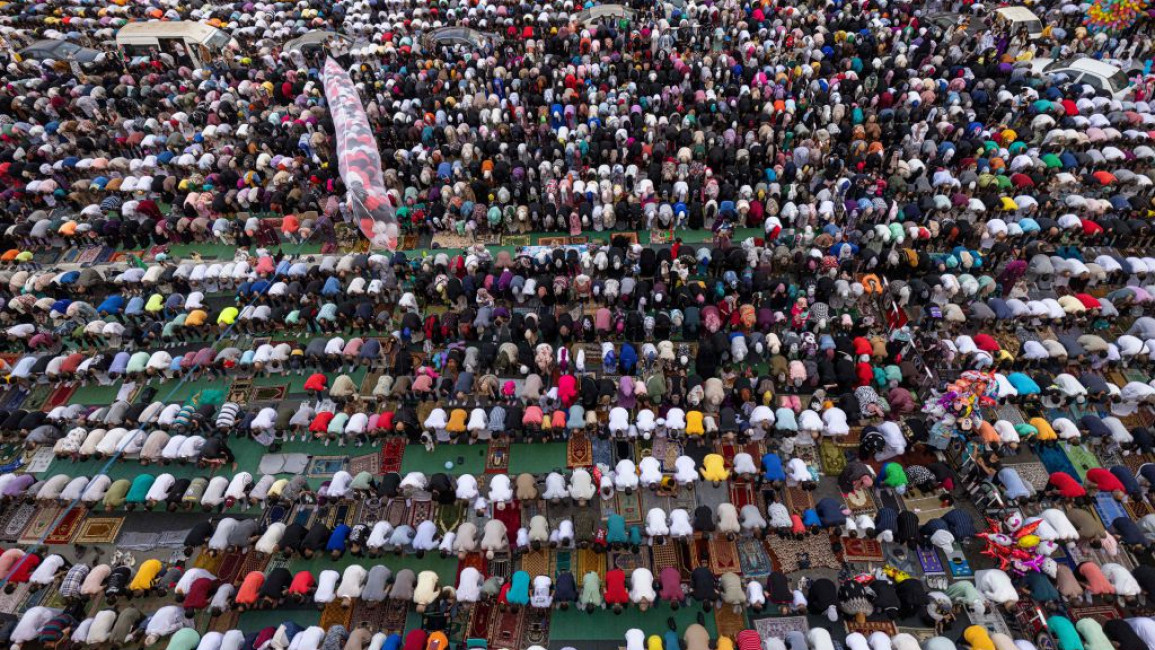Egypt's population expected to soar as wider MENA growth steadies in next 50 years: UN
Egypt's population is expected to balloon over the next half-century, with the Arab country becoming one of the main drivers of population growth across the world, the United Nations said on Monday.
In the UN’s ‘World Population Prospects 2022,’ the North African country was listed among eight countries globally whose demographic changes will accelerate population growth across the world. Other countries featured are the Democratic Republic of Congo, Ethiopia, India, Nigeria, Pakistan, the Philippines and Tanzania.
A predicted spike in the global population - set to reach 8 billion by November and 9.7 billion by 2050 - was attributed in the report to a drop in mortality rates compared to a less dramatic fall in fertility rates.
"The cumulative effect of lower fertility, if maintained over several decades, could be a more substantial deceleration of global population growth in the second half of the century," said John Wilmoth, Director of the Population Division of the UN Department of Economic and Social Affairs (DESA).
Egypt’s population in 2022 is around 106 million, according to UN data. 34 percent are 14 or younger and 27 percent are aged between 10 and 24.
The fertility rate per woman is 3.2, higher than the regional average of 2.8.
North Africa and Western Asia (the Middle East) as a whole is expected to experience slow growth rates in the next 50 years.
Numbers are predicted to jump from 549 million in 2022 to 771 million by 2050. Comparatively, sub-Saharan Africa's population is set to climb from 1.15 billion to 2.09 billion within the same time frame.
One of the main reasons behind slower growth in Arab countries is continued high levels of migration, which offset relative changes in mortality and fertility rates in the region, according to the UN report.
Nevertheless, despite a slower population rise and outward migration, a growing number of people in the region are expected to face alarming levels of food insecurity coupled with political instability and endemic economic corruption over the coming years.



